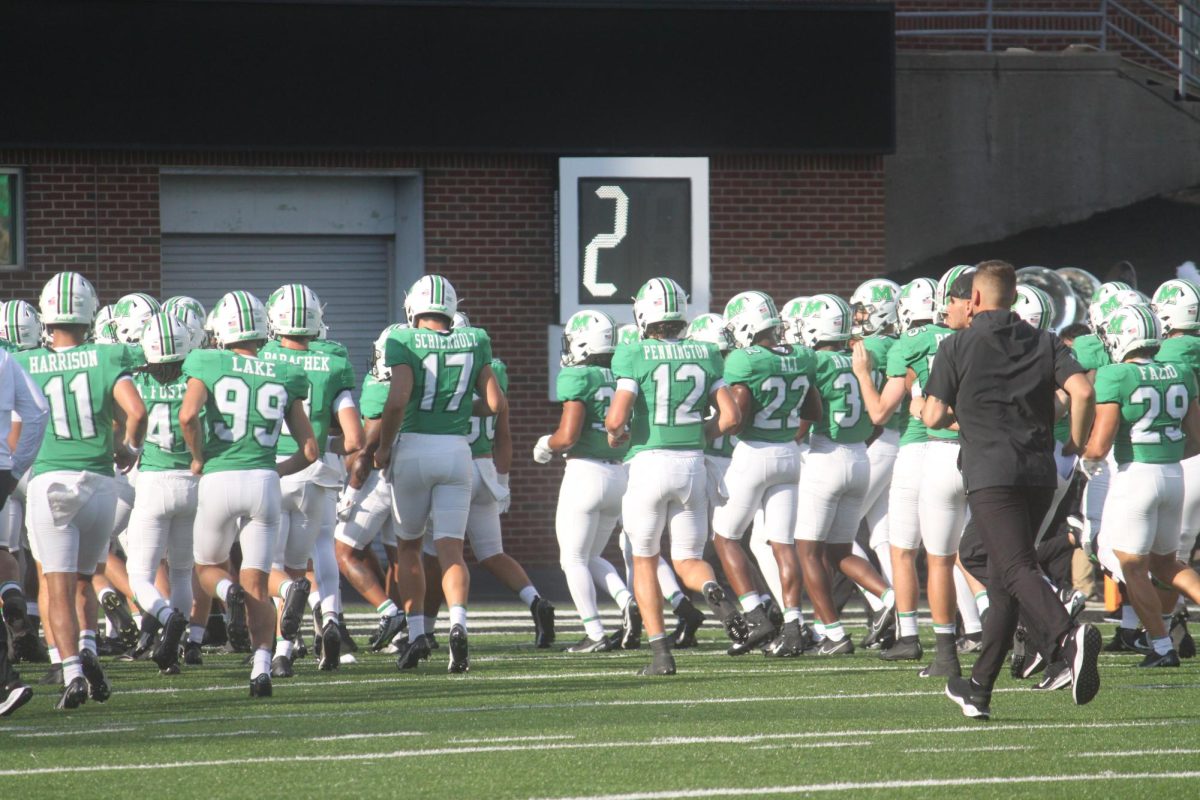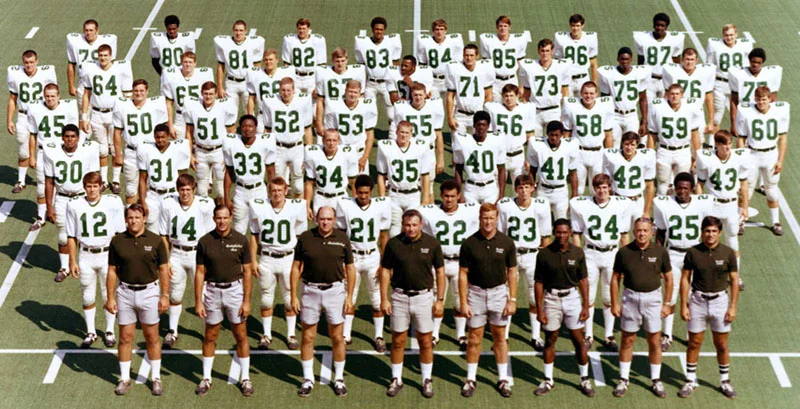An exploding toilet led to flooding on the first two floors of Twin Towers West on Tuesday, Oct. 31, causing property damage to students’ personal belongings and disruption to students who live in the building.
“Around 6:30, it sounded a lot louder than usual,” said Lucinda McCullough, a student on the women’s track and field team. “I open up my door to see half an inch of standing water right outside of it.”
McCullough said that she quickly threw some towels down behind her door in an effort to block the water. Despite this, water still entered her room.
A broken line on the second floor caused the flooding, said Robert Easthom, associate director for Housing and Residence Life. Various sources described the water as one to two inches at its peak.
Easthom said that a one-inch line broke around 6 a.m. that morning. Eighteen rooms were affected on the second floor of Twin Towers West, but the water has since been removed.
Twenty-one residents were impacted by the flooding, according to Leah Payne, director of communications. The professional staff apartment on the first floor was also affected.
“I step off my bed, and suddenly I’m standing in a pool of water,” said Jasmine Waite, a student living on the second floor. According to Waite, the water was up to her ankles. She said that her initial concern was electrocution, as there were a number of surge protectors in the water.
However, the water should not be seen as a health concern for students, said Tracy Smith, the director of environmental health and safety. He compared the sewage water in the dorm to the floodwater that occurs during heavy rain in Huntington. He said that the rainwater is a much bigger health risk to students who come into contact with it.
Lekesha Taylor, associate director of residence life, said early damage assessment has mainly focused on waterlogged items. For the students living in the affected dorm rooms, items left on the floor were at the most risk of water damage. Students have reported clothes, food and surge protectors as damaged items; however, others may not have yet been reported to Taylor.
“I lost a lot of personal things. I have to clean a lot of my clothes,” McCullough said.
If larger items were damaged, Taylor encourages students to contact their parents’ homeowners’ insurance or their renter’s insurance, which students are encouraged to sign up for during orientation.
“Continue to be diligent about your stuff,” Taylor said. “Take care of your stuff because, again, these types of things can happen, so you want to make sure that you’re as prepared as possible. If you don’t have renter’s insurance, look into getting that. Talk to your caregivers to see if you’re covered under their policies, and look at what’s out there to help you so that, should something like this happen, you know that you’ll be covered.”
According to Housing and Residence Life’s policy, the University is not liable for any damaged items.
“They’re back in the rooms,” Easthom said about the second floor residents. “Everybody’s happy.”
“We went through and checked up on all the students,” he said. “Everybody’s good.”
All of the standing water has been removed from the second floor, said Daniel Persinger, environmental health and safety specialist.
“All the water’s been extracted. We’ve had water extractors up on the floor in all the rooms, extracting the water, getting the water out the best we can,” Persinger said. “We have dehumidifiers set up, air movers to move the air to help dry everything out as quickly as we can.”
The director of environmental health and safety said that the University has full coverage funded by the state of West Virginia. Smith said that the cost would not be an issue when it comes to repairing the damaged parts of the building.

















